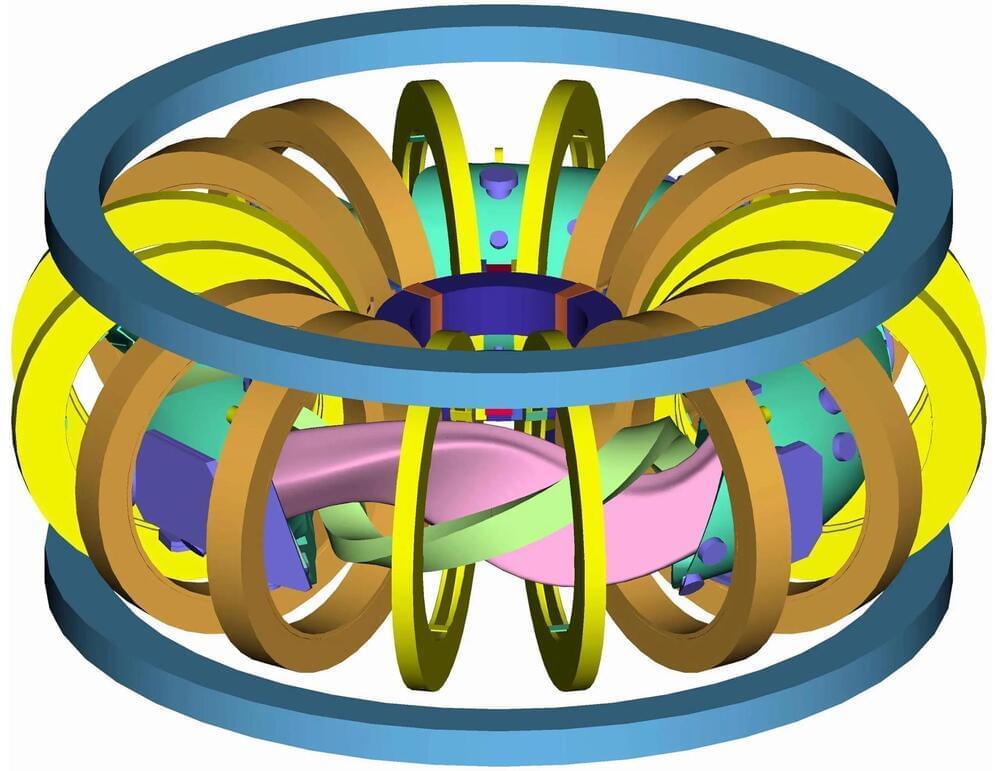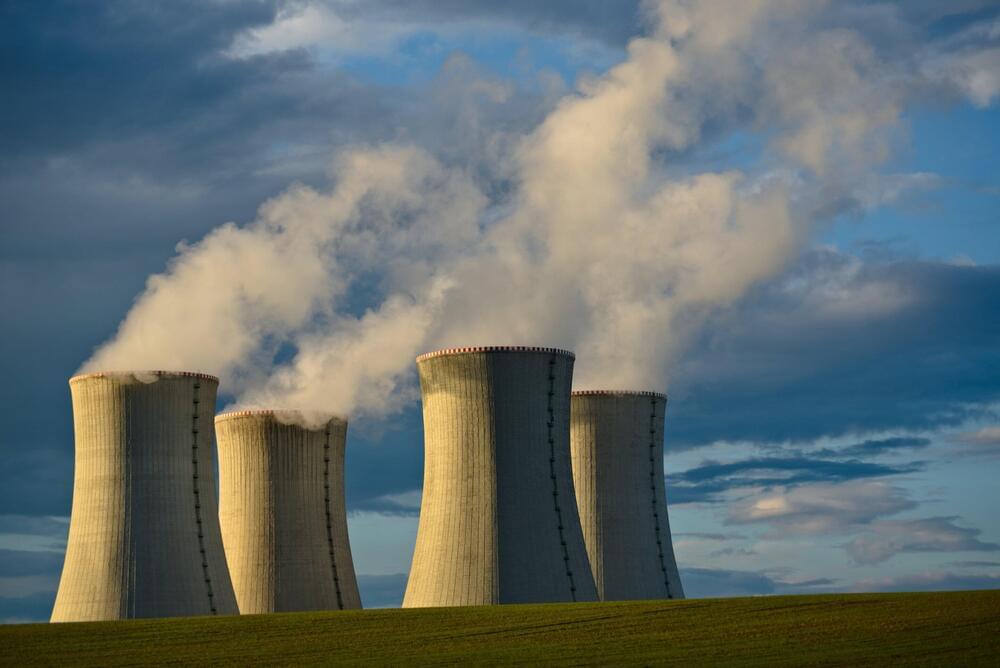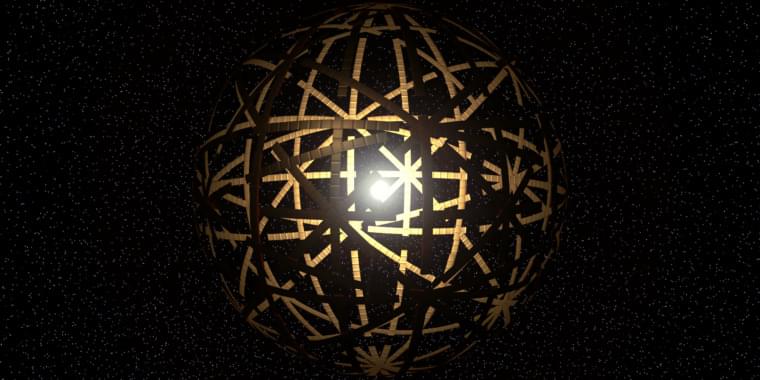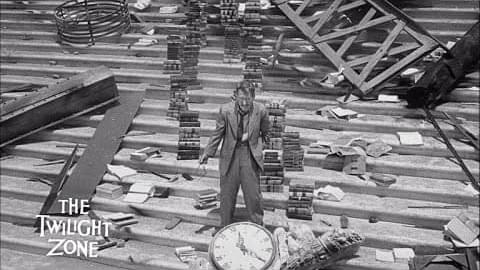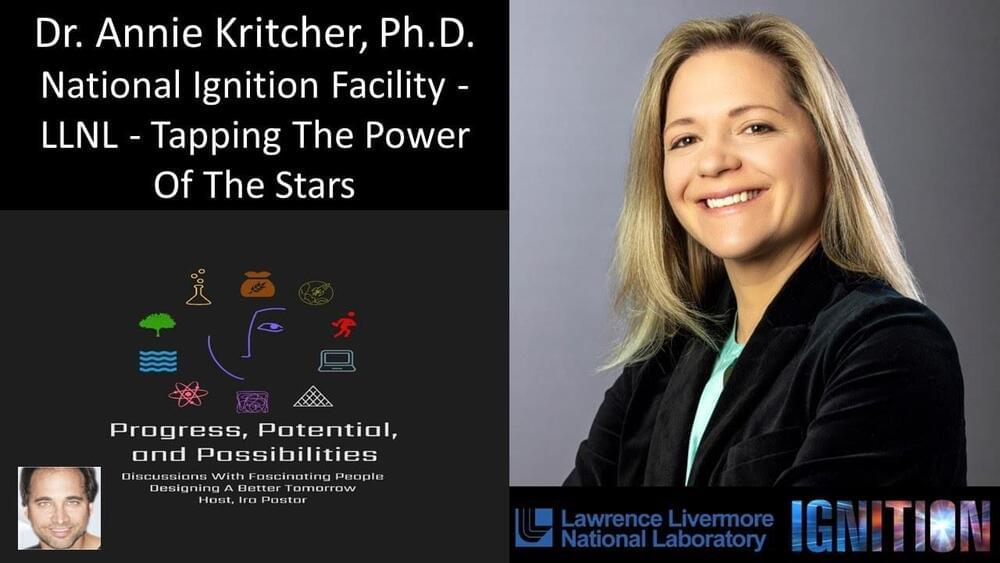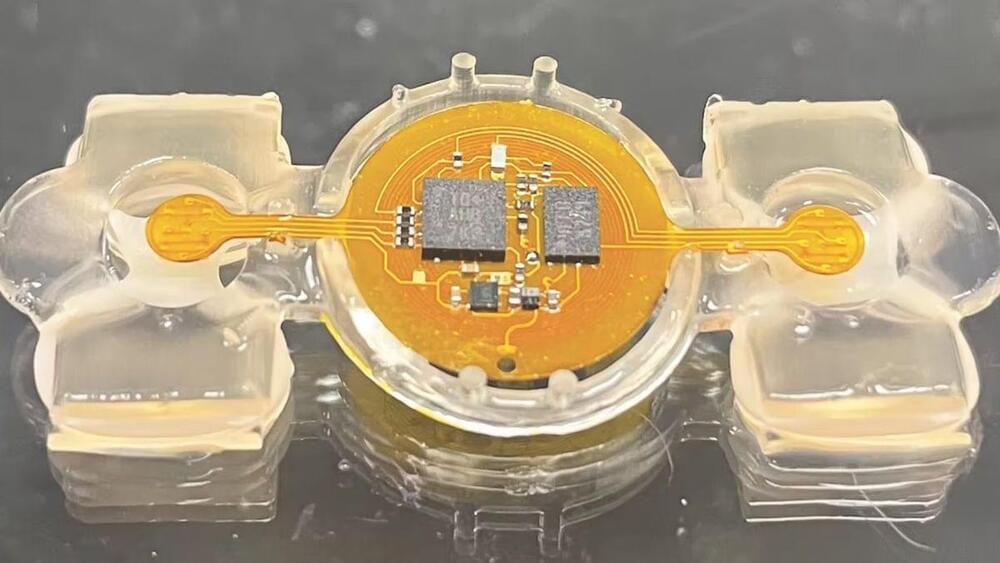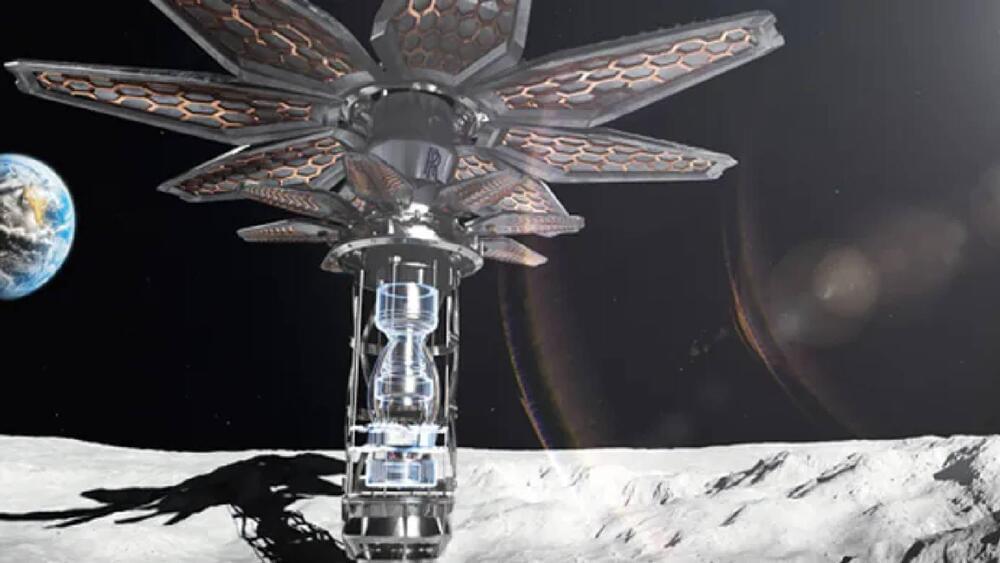Apr 10, 2023
The fantastical world of fusion — The Expanse’s Ty Franck and futurist Karl Schroeder (Part 2)
Posted by Jose Ruben Rodriguez Fuentes in categories: futurism, nuclear energy
How has fusion inspired the imaginations of science fiction writers? In The Expanse blockbuster book and TV series, fusion energy has changed the course of civilisation in extraordinary ways – for better and worse. Ty Franck, one half of the James S.A Corey writing duo behind The Expanse, and Canadian futurist and science fiction writer Karl Schroeder join Erica Vowles to weigh in on the fantasy and future of fusion.

